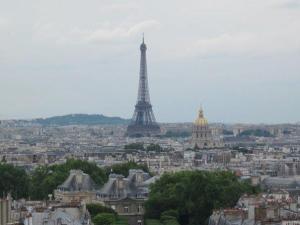2014 marks twenty-six years on this planet for me. As I’ve done for the past two years, I’m once again taking the opportunity to look back at the people, events, ideas, and experiences that have defined me. At 24, I listed 24 things I learned in 24 years and for 25, I reflected on 25 things for which I was grateful (part one and part two). For 26, I’m running through 26 pieces of unsolicited advice that I feel make for a richer life. Make of them what you will. Here we go…
1. If you have the opportunity to grow your own vegetables or seasonings, even just a few tomatoes, do so.
2. Watch the Big Lebowski.
3. If you’re worried that others look down on you for whatever reason, whether it’s your career path, lifestyle choices, or politics, just remember that most people are too damned self absorbed to really care what you do or what you think. In fact, when they asked you about any of these things, they probably didn’t even listen to your response.
4. Read the poetry of Hart Crane.
5. Read the poetry of WH Auden.
6. Listen to the Smiths while reading the poetry of Hart Crane or WH Auden.
7. Specifically for my fellow Torontonians, your city is bigger than your neighbourhood. I understand that our less than stellar transit makes it difficult, but you have to put in the effort to explore all of Toronto. You need to soak up the culture on Queen West and stroll the waterfront, but you also need to bike Rouge Park, see Shakespeare in High Park, and head north of the 401, which is where the best food in the city can be found.
8. Once a week, call up a friend. Pick a coffeshop that you’ve never visited or haven’t visited in a while and go there. Sit across from your friend, or around the table with a few friends, and have a conversation over coffee.
9. Get a public library card and use it.
10. Should you ever find yourself in Paris, you may go to the top of the Eiffel Tower and take pictures. I understand that this is practically mandatory. In addition, however, climb the steps of the Pantheon and Sacre Coeur and take pictures from the top of both places.

